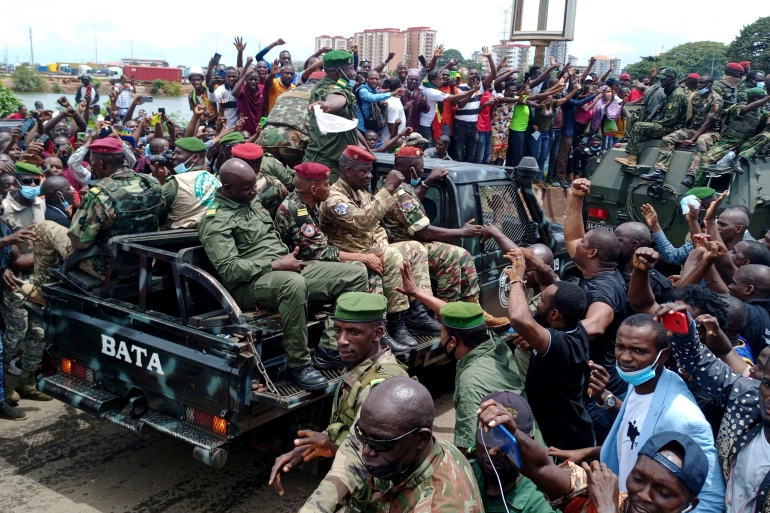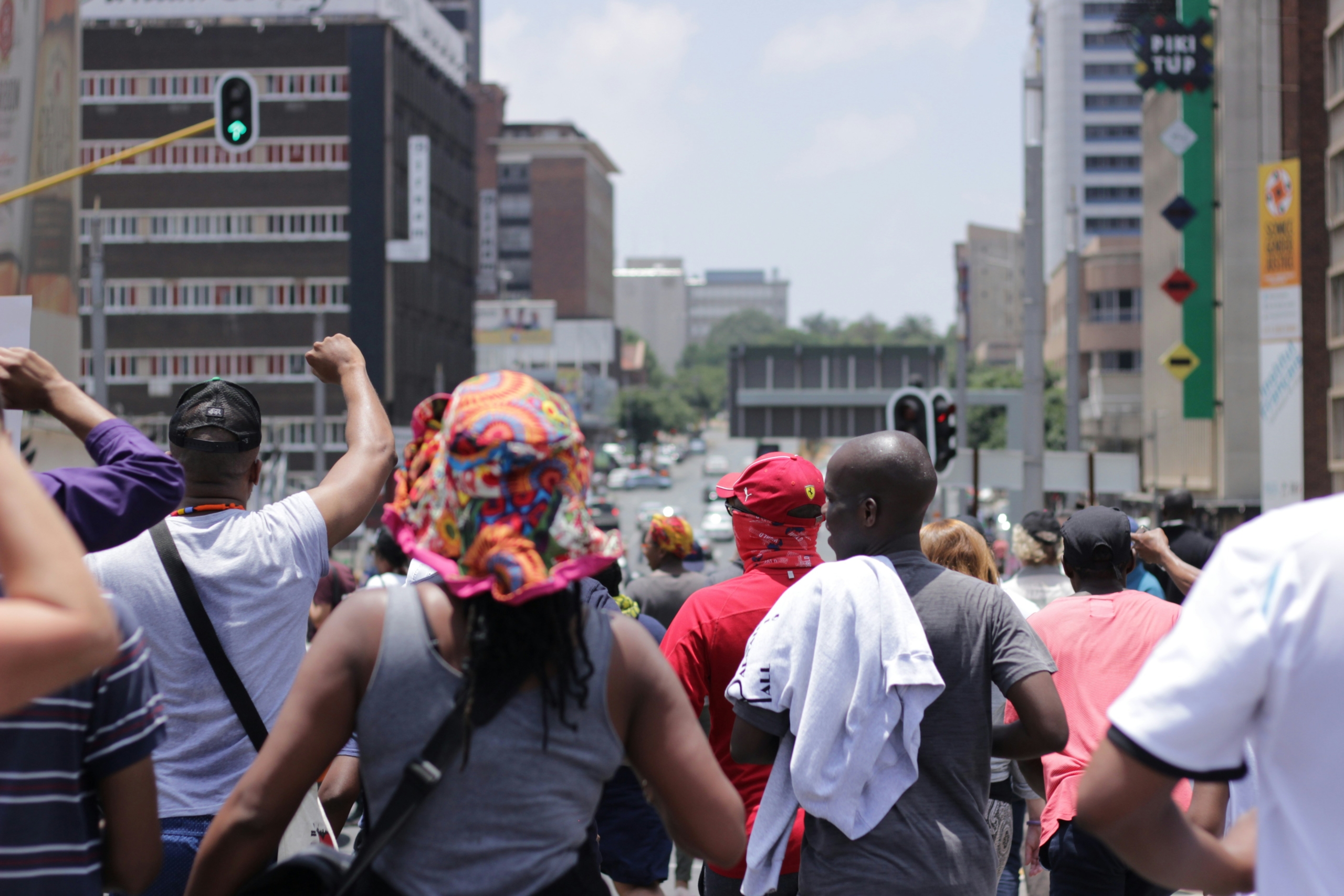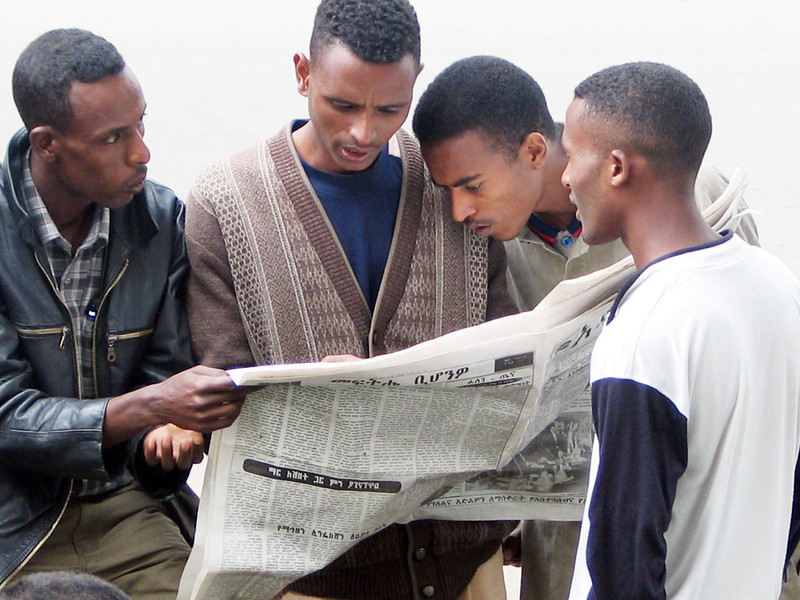We are excited to announce that Brink is now part of Africa Practice. Learn more
The putsch that toppled Alpha Condé in Guinea

On 5 September, an elite military unit, the Groupement des forces spéciales (GPS) seized power in Guinea, ending President Alpha Condé’s 11-year rule. Last year, Condé controversially passed amendments to the constitution that enabled him to win a third term in October 2020. The resentment towards Condé, 83, was deepening. Opposition leader Cellou Dalein Diallo backed the coup, calling it “a victory of our people and the failure of the dictatorial regime”.
In the immediate aftermath of the coup, Guinea closed all of its land and air borders for a week, but pledged to honour all of its international agreements. Maritime borders remained open, allowing bulk mineral exports to continue. Still, given that Guinea is one of the world’s biggest suppliers of bauxite, a component of aluminium, prices of aluminium rose to their highest in more than a decade due to supply concerns.
New developments, old patterns
The coup not only marks a shift in Guinea’s political landscape – regionally it follows a pattern of similar developments over the past year, in both Mali and in Chad. Condé’s ousting also sends a clear signal to a generation of political leaders on the continent who have been in power for over a decade, or in some cases, decades. It is also a warning to those seeking to push through with constitutional changes to pursue a third term in office within Francophone Africa and beyond.
For Guinea itself, Condé’s overthrow is a case of history repeating itself. Eleven years after the military stepped down to let him, an exiled opposition activist and democrat, assume the presidency after winning a democratically contested election, the fate of the country’s 13 million citizens is once again in the hands of soldiers.
Transition without clear parameters
After the GPS detained Condé and dissolved the constitution on 5 September, Mamady Doumbouya, Guinea’s new leader, delivered a televised speech outlining the reasons for the coup – “if the people are crushed by their elites, it is up to the army to give the people their freedom”. Scenes of celebration were witnessed in major cities, and some civil society leaders welcomed the military’s intervention.
Doumbouya, 41, is a former soldier in the French Foreign Legion, who was recalled to Guinea by Condé to take charge of the GPS in 2018. A graduate of the Paris War College, he trained in Israel, Senegal and Gabon, and served for France in Afghanistan, Côte d’Ivoire and the Central African Republic. In recent months, his ambition to make the GPS autonomous from the Ministry of Defence had aroused the suspicions of the authorities in Conakry, prompting rumours about his possible arrest by the authorities in the run-up to the coup. Doumbouya is an ethnic Malinke from the Kankan border region of Guinea, near Côte d’Ivoire and Mali.
After leading the coup, Doumbouya created a new body, the Comité National du Rassemblement et du Développement (CNRD), to appoint an interim government of national unity to oversee the political transition. While there are major uncertainties as to how the transition will unfold, some changes have already taken place. Senior civil servants (general secretaries) replaced cabinet ministers and regional military commanders took over from provincial governors and other senior administrators at the sub-national level.
Doumbouya is now said to be in talks with General Sékouba Konaté, a former president of the Guinean transition, to potentially appoint him as prime minister. Konaté served as acting president of the country from January to December 2010. Announcements on key appointments are expected in the coming days. Several of Alpha Conde’s officials appear willing to cooperate with the new junta, most notably the Ministry of Defence which has given full backing to Doumbouya.
Regional reactions yet to crystallise
The coup was broadly condemned by the international community, including the UN, ECOWAS and AU, as well as France, the US, China and Russia. ECOWAS is reportedly considering the imposition of sanctions, in addition to seeking assurances regarding a concrete timetable for the restoration of constitutional order. An extraordinary virtual summit of ECOWAS leaders, planned for 8 September, will focus on these priorities.
Doumbouya has already reportedly held talks with Ivorian President Alassane Ouattara, as well as with three other foreign affairs ministers from the region. Meanwhile, the CNRD has appointed a delegation to liaise with ECOWAS and also agreed to release dozens of political prisoners, an overture to the political opposition in a bid to ease tensions ahead of the ECOWAS meeting.
Guinea’s new leadership might have more leverage than its counterparts in landlocked Mali, where the junta was subject to significant pressure from regional partners. Unlike Mali, Guinea is also not a member of the West African Monetary and Economic Union (best known under the French acronym, UEMOA).
Some reassurance for investors
In his first public speech since the coup, Doumbouya reassured investors and called for the continuation of normal economic activities, expressing “a commitment to give favourable treatment to foreign investment in the country.” The military has no choice but to attempt to reassure the mining sector – the cornerstone of the economy – which accounts for over a quarter of GDP and 85% of exports. However, the country’s heightened risk profile could cause investors and lenders to limit their exposure, depriving flagship projects of access to finance, particularly if uncertainty remains and security threats increase.
About the author
Antoine Drogoul is an associate consultant at Africa Practice, with a particular focus on Francophone Africa. He can be contacted at [email protected].
Proud to be BCorp. We are part of the global movement for an inclusive, equitable, and regenerative economic system. Learn more


